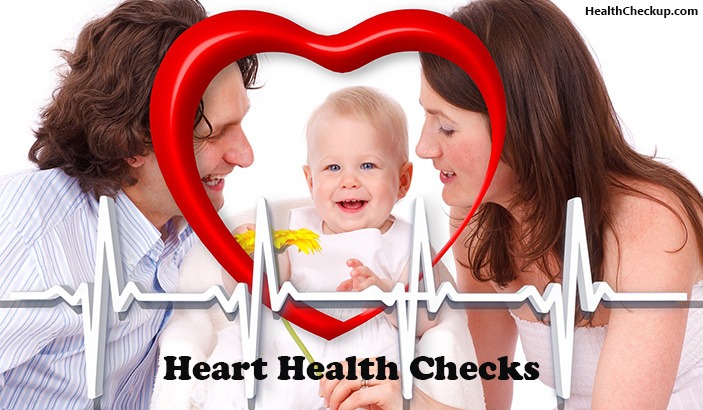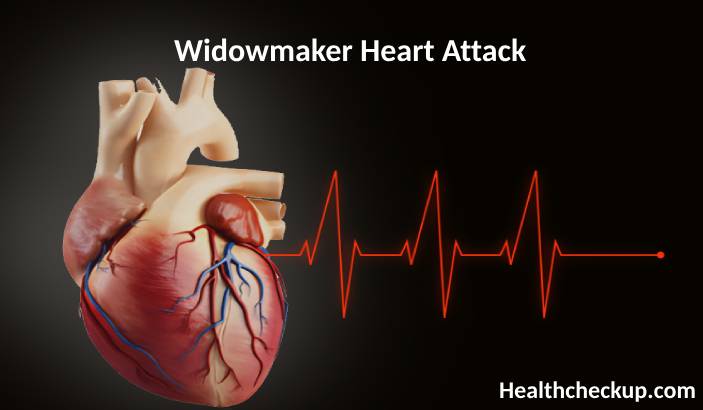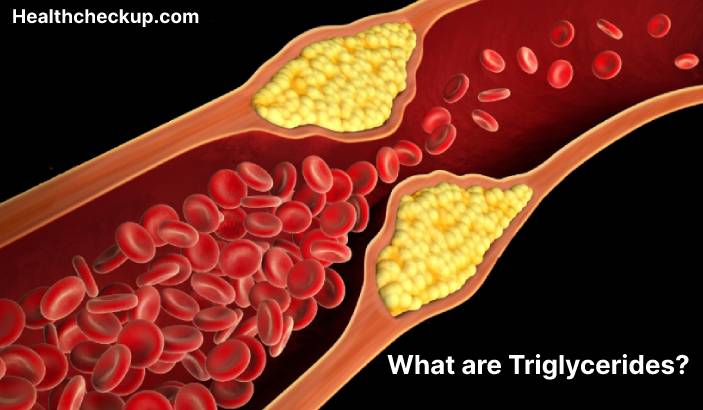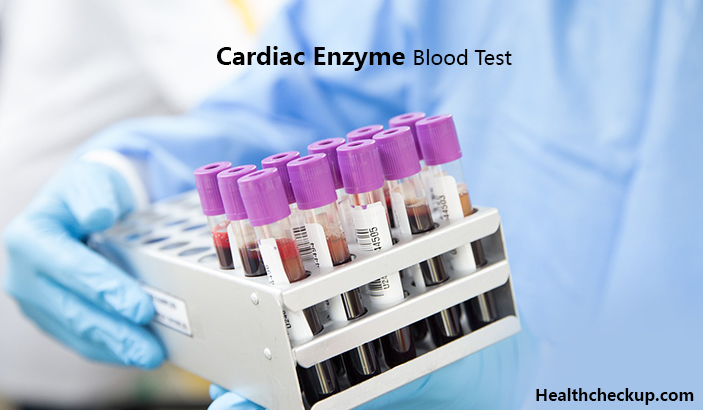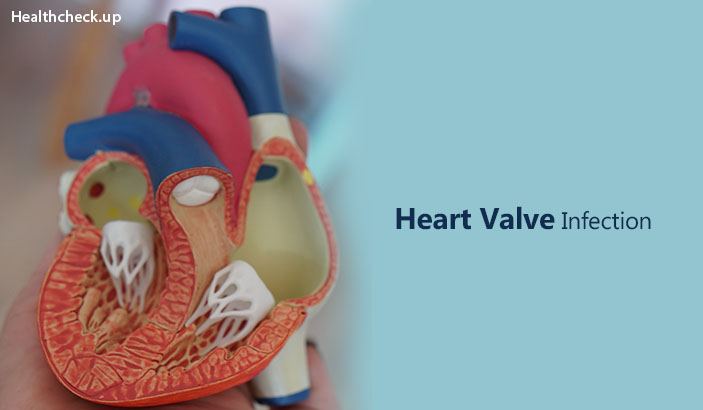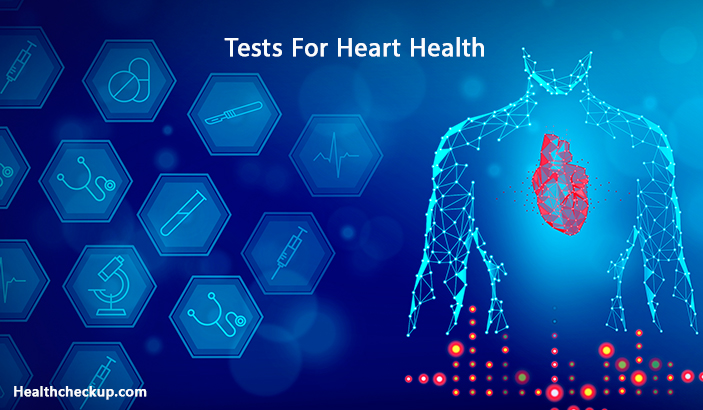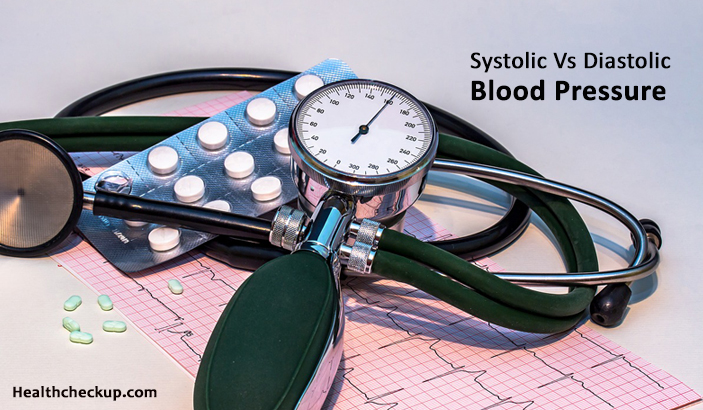Why is it that every time you make a mention of a heart disease or a heart attack, your heart skips a beat, jumps up and down, or starts beating rapidly? Well, not very surprising – considering that the heart is one of the most important organs in the body.
What is it that you can do to keep your heart healthy and strong, and keep beating without any trouble
throughout your life? Here is how you can prevent heart disease and live heart-smart through a heart health check up.
Heart diseases are of many types:
- Congenital disease (conditions existing from birth)
- Valvular disease (due to abnormal functioning of the valves)
- Coronary disease (due to decrease in follow of the blood vessels supplying the heart)
- Rhythm abnormalities (result of any abnormality in the electrical conduction of impulses in the heart)
You should remember that if you have coronary artery disease, you may experience chest pain or shortness of breath. These symptoms are indices of a heart attack – if you experience either one of these symptoms you should get medical attention immediately. That will definitely save your life.
Regular cardiac health checkup is extremely important for a healthy life as it helps detect risk factors early in life, and you can make the necessary lifestyle changes and lead a modified life.
For most of the people, these heart health checkups serve as a clarion or wake-up call, especially for people without
any physical activity, or people high in cholesterol, or people with a higher BMI.
We Recommend the Following Key Screening Tests for Optimal Cardiovascular Health:
Blood Pressure Check
Blood Pressure screening is extremely important and plays a very vital role in cardiovascular health. High or low blood pressure does not show any symptoms and can only be detected when measured. High blood pressure greatly increases your risk of heart disease and stroke, but it can be controlled through lifestyle changes and medication.
Cholesterol Check
Many people have high cholesterol levels, and studies tell us that fatty plaque buildup begins in childhood itself and progresses into adulthood. Having high cholesterol levels is called Atherosclerosis and this leads to cardiovascular diseases, which is the single biggest cause of death worldwide. Early heart health checkup screenings and control of cholesterol levels in childhood can help reduce the risk of heart disease in adulthood. Cholesterol enters the body when you eat meats, eggs, and dairy products – all of which are high in saturated fats. Cholesterol check is done through a blood test called Lipid Profile test.
Body Weight Check
When you go to your doctor for a heart checkup, ensure that your Body Mass Index or BMI is right. Being obese puts you at higher risk for health problems such as heart disease, stroke, high blood pressure, diabetes, and other complications.
Blood Glucose Check
Starting at the age of 40, you should have your blood glucose level checked at least every three years. High blood glucose levels put you at greater risk of developing insulin resistance, and type 2 diabetes. Diabetes, if not controlled, can lead to many serious medical problems including heart disease and stroke.
Electrocardiogram (ECG)
Patients with several risk factors or symptoms of heart disease are advised to take this test when they go for a heart health checkup. Symptoms such as palpitations, skipped heartbeats, rapid heartbeats, fainting, shortness of breath or chest pains are indications that an ECG is urgently needed.
Stress Test or TMT
This test is recommended by the doctor for patients who have a number of risk factors or symptoms associated with heart disease. TMT or Tread Mill Test – where you walk on a treadmill and the activity of your heart is evaluated by ECG. TMT test is also called Exercise Stress Test, Computerized Stress Test or simply Stress test. Treadmill testing is a non-invasive test done to find the stress on the heart. It involves recording the ECG before, during, and after exercise on a treadmill for diagnosis of decreased blood supply to the organs.
CT Coronary angiography Scan
People who have a family history of heart disease or heart problems are advised by the doctor to take this test when they go in for a heart health checkup. This test involves taking images of the heart to detect the severity of the symptoms. But, there is a warning from the experts – a CT scan significantly increases the risk of breast cancer in women.
C-Reactive Protein Screening
This is a screening that measures C-Reactive Protein (CRP) levels in your blood and also helps to determine heart disease and stroke risk levels. It should be noted that CRP levels become elevated because of infection or inflammation.
Abdominal Aortic Aneurysm Screening
An abdominal aortic aneurysm is an enlargement of the lower part of the aorta that extends through the abdominal area. This enlargement may sometimes cause an aneurysm to rupture. This is a non-invasive procedure that uses ultrasound to take images and measurements of your abdominal aorta. As a ruptured aneurysm is extremely dangerous and can cause life-threatening hemorrhage, aneurysms are corrected by an operation before this happens.
While these tests, associated with heart health checkup, are important to prevent heart attacks and stay heart smart, there are also other things that will ensure your good health. Here are a few tips:
- Leading an active life along with exercises is an important way to maintain heart-health.
- Keep your weight and BMI in check.
- Eat a diet that is nutritious and healthy – and avoid junk food.
- If you are a smoker, stop smoking. No, it is not difficult to do it – you just need the willpower.
- Keep your diabetes and your blood pressure in control.
- And above all, avoid stress.
Medically Reviewed By


